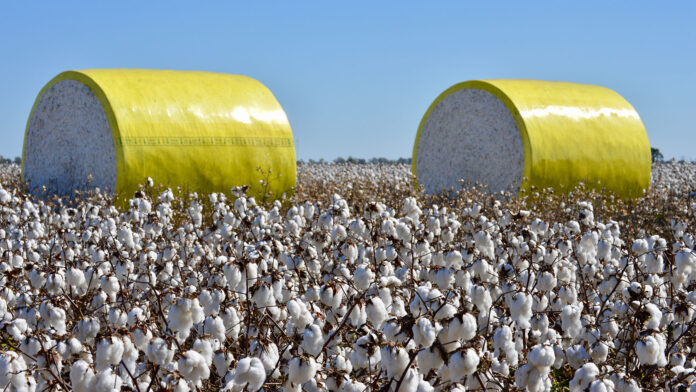Minister for National Food Security, Rana Tanveer Hussain, announced that the government is working to remove the 18% general sales tax (GST) on locally-produced cotton, including lint and cottonseed, to assist farmers and boost domestic cotton production.
Hussain made these remarks during a meeting with the Pakistan Business Forum (PBF) delegation, led by Chief Organiser Chaudhry Ahmad Jawad. The minister emphasised that the government’s initiative would focus on encouraging local cotton production, which has faced various challenges in recent years.
In addition to the GST exemption, the minister highlighted that the government is addressing outstanding cotton cess liabilities within the textile sector to maintain the financial health of the Central Cotton Committee (CCC).
Hussain also mentioned that discussions are underway to limit the tax-free imports of yarn and fabric under the Export Facilitation Scheme (EFS) in a bid to encourage local cotton consumption.
The PBF delegation, which included Senior Vice President Amna Awan, Chairman South Punjab Talat Suhail, Chairman KP Ashfaq Paracha, and Deputy Secretary General Zafar Iqbal, advocated for specific measures to boost the agricultural sector. Chaudhry Ahmad Jawad emphasized the importance of abolishing the GST on local cotton and reducing customs duties on imported machinery used in the cotton ginning sector. “Sustainable economic growth requires strong support for agriculture,” Jawad stated.
Furthermore, Jawad urged the government to implement new seed varieties developed by the Pakistan Agricultural Research Council (PARC) at the district level, stressing that farmers must be made aware of the latest research through local agriculture departments.
The meeting also addressed the need for concrete steps to reduce cultivation costs, including offering tax relief to lower fertiliser prices. Jawad reiterated that these measures are vital to ensuring the long-term viability of the cotton sector and improving the livelihoods of farmers across the country.




